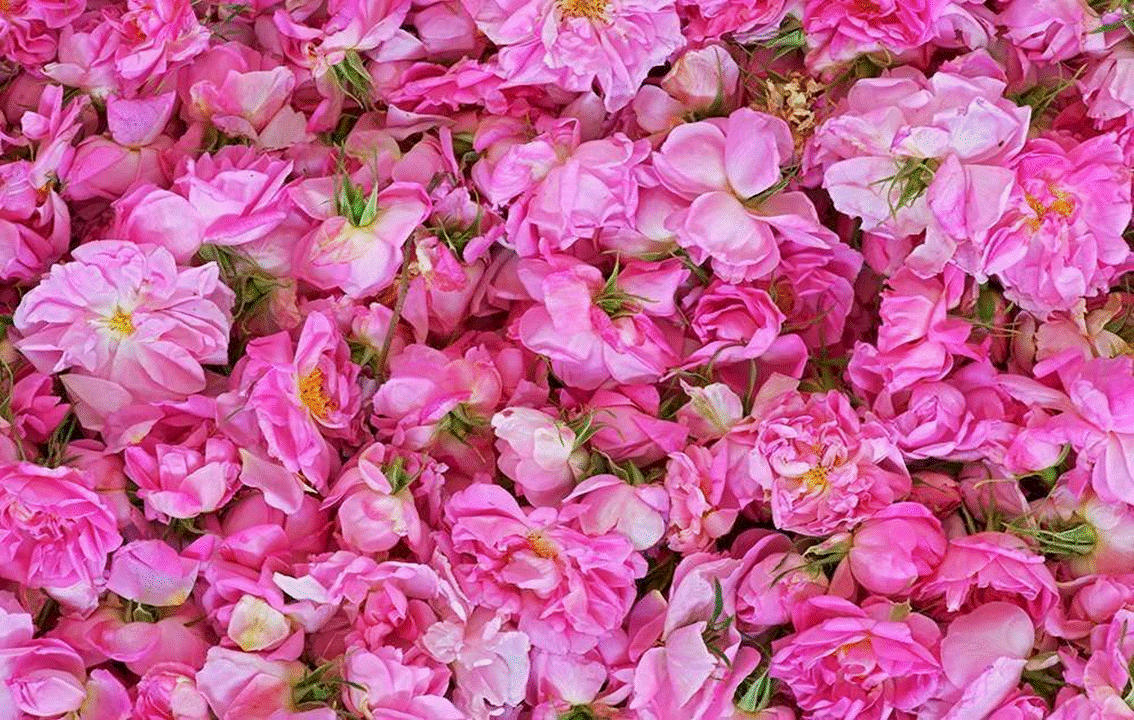A LONG-STANDIND CYPRIOT FLORAL TRADITION
PERFECT CONDITIONS
The origins of Cypriot roses can be traced back to ancient times. Evidence suggests that the fragrant flower was cultivated in Cyprus over 2,000 years ago. The favourable climate and fertile soil of Cyprus provide perfect conditions for rose cultivation. For centuries, this had led to the development of a thriving industry centred on the production of rose products. These include rose water and rose oil, but to name a few.
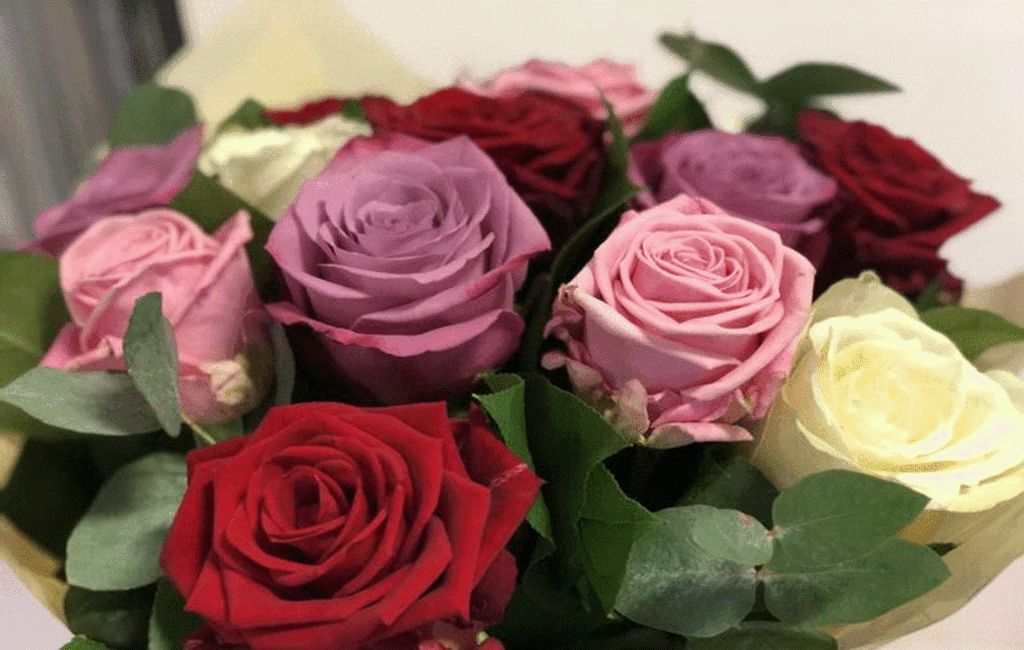
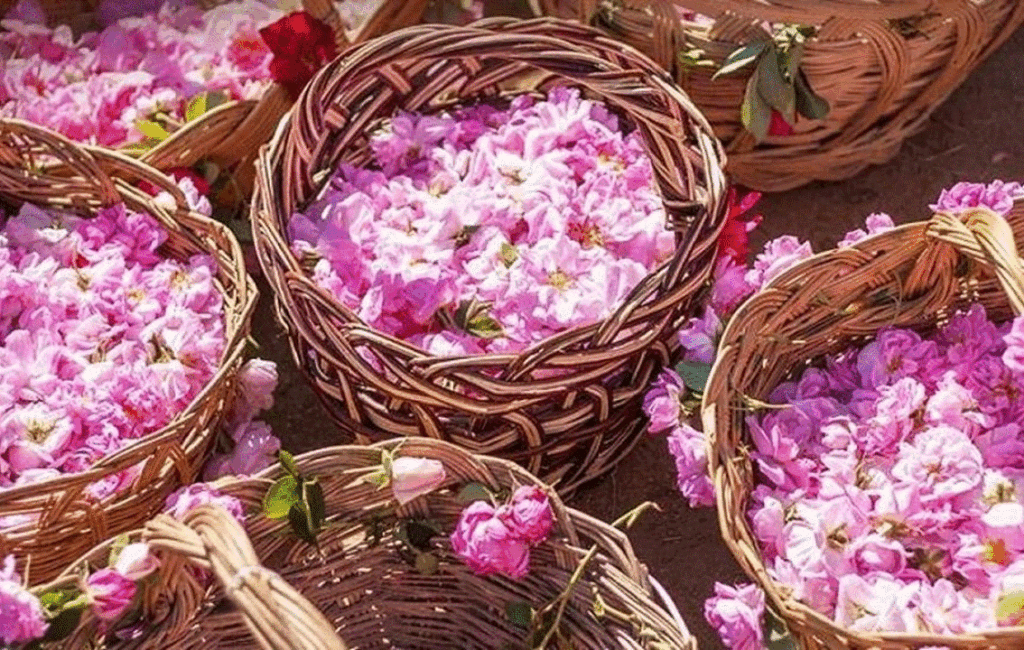
THE DAMASK ROSE
The Damask Rose has been cultivated in Cyprus for centuries. Local cultivators carefully tend to the rose bushes, ensuring the highest quality yield year on year. The Damask Rose, also known as Rosa Damascena, remains as one of the most famous varieties of roses grown in Cyprus. This particular rose is renowned for its exquisite fragrance and is highly prized for its essential oils. The oil of this rose is used in perfumery, cosmetics, and aromatherapy.
OTTOMAN RULE
The cultivation of roses in Cyprus reached its peak during Ottoman rule. Demand for rose water and rose oil soared at this time in the Middle-East and Europe. The Ottomans recognised the superior quality of Cypriot roses and encouraged their cultivation. This led to the establishment of rose gardens and distillation facilities across the island.


THE RISE OF THE PERFUME INDUSTRY
The rise of the perfume industry in Europe during the 19th century further boosted the demand for Cypriot roses. The expansion of the railways and shipping routes facilitated the export of rose products from Cyprus to markets all around the world. Perfumers in France in particular began sourcing large quantities of rose oil from the island. This further cementing the island’s reputation as a leading producer of premium rose oil.
A THRIVING INDUSTRY
The commercial cultivation of roses in Cyprus continued to thrive well into the 20th century. Modern techniques and technologies for cultivation, helped to increase productivity. New technologies also helped improve the quality of the rose harvest. The industry however, faced challenges in the face of changing market dynamics at this time. Although competition, from other rose-producing regions increased, rose production in Cyprus continued to thrive.
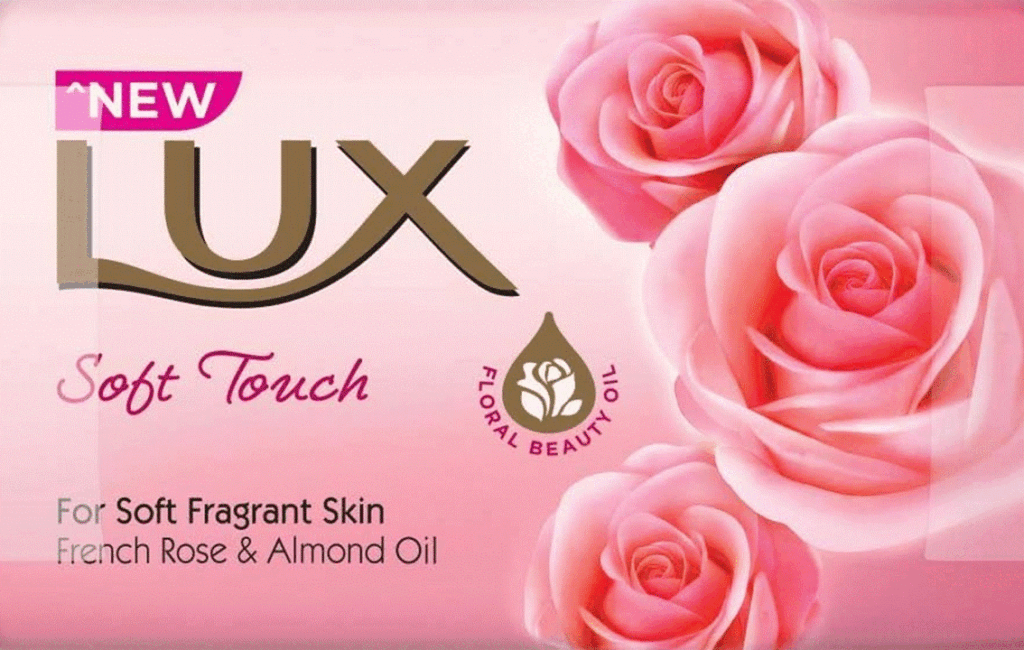
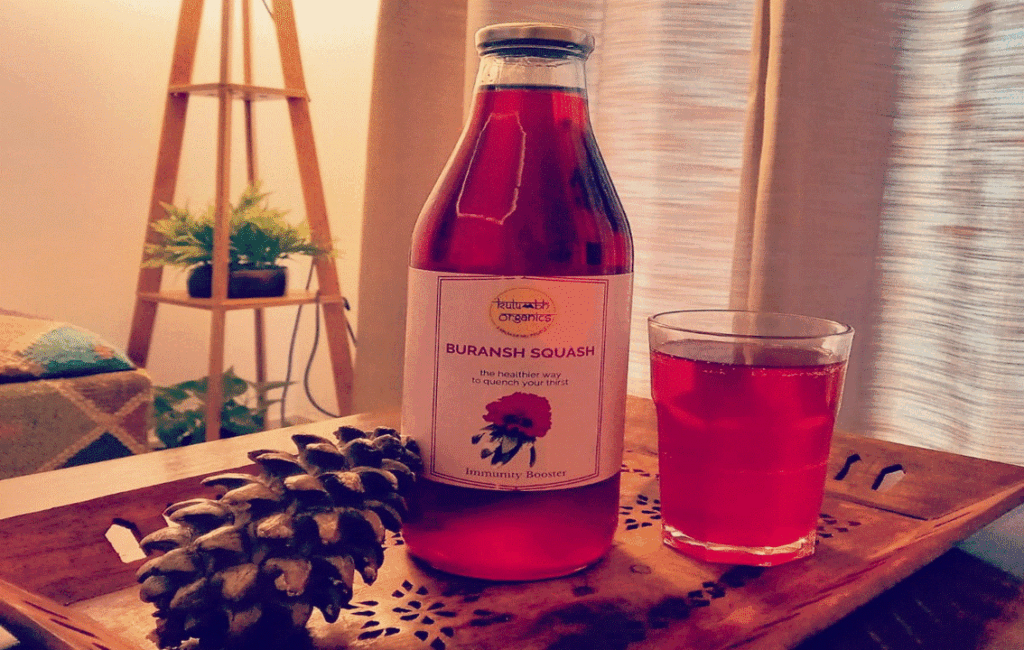
EMBRACING CHANGING ATTITUDES
Rose cultivators in Cyprus have constantly embraced changing attitudes, successfully introducing changing methodologies. As a result, a great deal of rose cultivation is driven today by a growing interest in natural and organic products. The increasing popularity of aromatherapy and wellness practices have all compounded this. Practices that only use organic products have also boosted small-scale rose cultivation on the island. They constantly use artisanal producers of the flowers who have embraced traditional methods of rose cultivation and distillation. The cultivators also focus on sustainable practices, whilst preserving the unique characteristics of Cypriot roses.
THE VILLAGE OF ROSES
The origins and history of Cypriot roses are deeply rooted in the island’s cultural heritage. Agricultural traditions are celebrated every year in Cyprus, and this includes the rose. Also known as the village of roses, the village of Agros is revered for its rose gardens, producing roses of the highest quality. As one of the main producers of the flower, it stages a celebration of the island’s floral heritage every year. Its Rose Festival showcases the beauty and significance of roses and the products created from them. The festival also celebrates rose culture and features parades, exhibitions, and other cultural events.
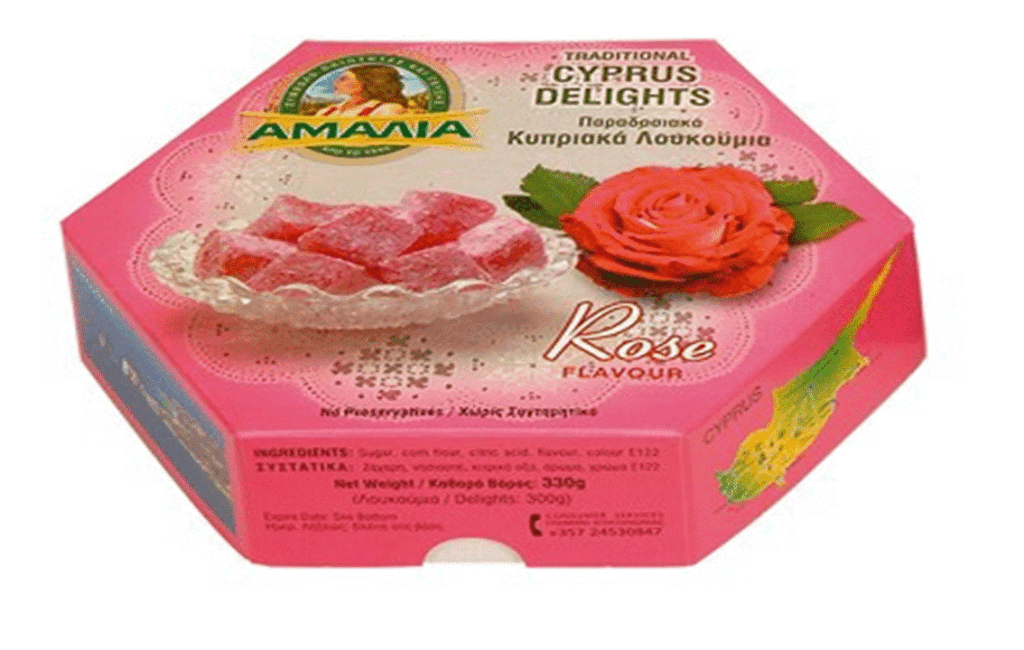

A HIGHLY VALUED PRODUCT
Cypriot roses today continue to be a highly valued product. they are generally admired for their exceptional quality and fragrance. Perfumers, cosmetics manufacturers, and connoisseurs from all around the world export Cypriot rosewater and oil on a large scale, positively contributing to the island’s economy. Cypriot roses continue to flourish and evolve, and their legacy as a symbol of love, beauty, and resilience on the island, remains as vibrant as ever.
